Gen. MacKenzie on Sarajevo massacre of troops
<a href="http://www.b92.net/eng/news/crimes-article.php?yyyy=2009&mm=02&dd=25&nav_id=57431" class="text-link" target= "_blank">Ejup Ganić, charged with crimes</a> against JNA soldiers in Sarajevo in 1992, knew of a planned army evacuation, claims Lewis MacKenzie.
Monday, 09.03.2009.
09:30

Ejup Ganic, charged with crimes against JNA soldiers in Sarajevo in 1992, knew of a planned army evacuation, claims Lewis MacKenzie. The former Canadian general and first commander of UN forces in Bosnia says that then Bosnian Muslim (Bosniak) vice president was "fully aware of everything". Gen. MacKenzie on Sarajevo massacre of troops “In interviews, Vice President Ganic said that he didn’t know anything about the military evacuation, which ‘relocated the entire barracks.’ He said that the convoy was meant to be just a few vehicles. In fact, he was in our [UN] headquarters, in the PTT building, when I sent all of the reports to General [Philippe] Morillon. He had to be aware of everything and know,” said MacKenzie, speaking to daily Vecernje Novosti. The first commander of international forces in Bosnia-Herzegovina said that he would have to seek out legal council about everything connected to his stay in Sarajevo if he were called to Belgrade to testify in the Dobrovoljacka case. The Serbian War Crimes Prosecution recently indicted 19 persons – among them some Bosnian Muslim and Croat wartime leaders – for war crimes related to the killing of withdrawing troops in the spring of 1992, in Sarajevo and Tuzla. The Canadian general said that then Bosnian President Alija Izetbegovic convinced him that he would guarantee the safety of the convoy's passage through territory which they had already taken from his control, after which MacKenzie informed him that the Yugoslav People's Army (JNA) convoy could be escorted, but not protected by UN forces. “He told me word for word, ‘General MacKenzie, you have my word and the word of my military commander,’” said MacKenzie. “May 3rd, the worst day of my life,” wrote the Canadian general in his journal, describing the attack on the JNA column in Dobrovoljacka Street in Sarajevo, in the spring of 1992, says Vecernje Novosti. In the journal, which he later published in his book, “Peacekeeper" the general testifies to the cold-blooded massacre of soldiers in the transport, and the kidnapping of about 200 from the column. The high-ranking Canadian officer claims that the Bosnian Muslim forces, attacking the column which was peacefully leaving the city, broke their promise that soldiers would be guaranteed safe passage. “Nothing has come to light, in the past 17 years, to change my version, the way that I described it in ‘Peacekeeper,’” said the Canadian general. MacKenzie says that UN soldiers and officers were not adequately armed to stop any kind of attack, but the peacekeeping forces in Bosnia, which he commanded, still managed to save a certain number of soldiers through their intervention. “It was clear that with a handful of poorly armed peacekeepers who had just several clips, it was impossible to protect them,” claims MacKenzie.
Gen. MacKenzie on Sarajevo massacre of troops
“In interviews, Vice President Ganić said that he didn’t know anything about the military evacuation, which ‘relocated the entire barracks.’ He said that the convoy was meant to be just a few vehicles. In fact, he was in our [UN] headquarters, in the PTT building, when I sent all of the reports to General [Philippe] Morillon. He had to be aware of everything and know,” said MacKenzie, speaking to daily Večernje Novosti.The first commander of international forces in Bosnia-Herzegovina said that he would have to seek out legal council about everything connected to his stay in Sarajevo if he were called to Belgrade to testify in the Dobrovoljačka case.
The Serbian War Crimes Prosecution recently indicted 19 persons – among them some Bosnian Muslim and Croat wartime leaders – for war crimes related to the killing of withdrawing troops in the spring of 1992, in Sarajevo and Tuzla.
The Canadian general said that then Bosnian President Alija Izetbegović convinced him that he would guarantee the safety of the convoy's passage through territory which they had already taken from his control, after which MacKenzie informed him that the Yugoslav People's Army (JNA) convoy could be escorted, but not protected by UN forces.
“He told me word for word, ‘General MacKenzie, you have my word and the word of my military commander,’” said MacKenzie.
“May 3rd, the worst day of my life,” wrote the Canadian general in his journal, describing the attack on the JNA column in Dobrovoljačka Street in Sarajevo, in the spring of 1992, says Večernje Novosti.
In the journal, which he later published in his book, “Peacekeeper" the general testifies to the cold-blooded massacre of soldiers in the transport, and the kidnapping of about 200 from the column.
The high-ranking Canadian officer claims that the Bosnian Muslim forces, attacking the column which was peacefully leaving the city, broke their promise that soldiers would be guaranteed safe passage.
“Nothing has come to light, in the past 17 years, to change my version, the way that I described it in ‘Peacekeeper,’” said the Canadian general.
MacKenzie says that UN soldiers and officers were not adequately armed to stop any kind of attack, but the peacekeeping forces in Bosnia, which he commanded, still managed to save a certain number of soldiers through their intervention.
“It was clear that with a handful of poorly armed peacekeepers who had just several clips, it was impossible to protect them,” claims MacKenzie.






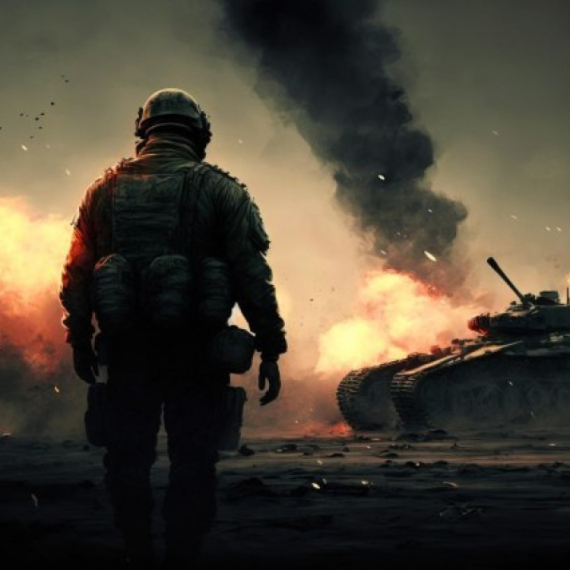



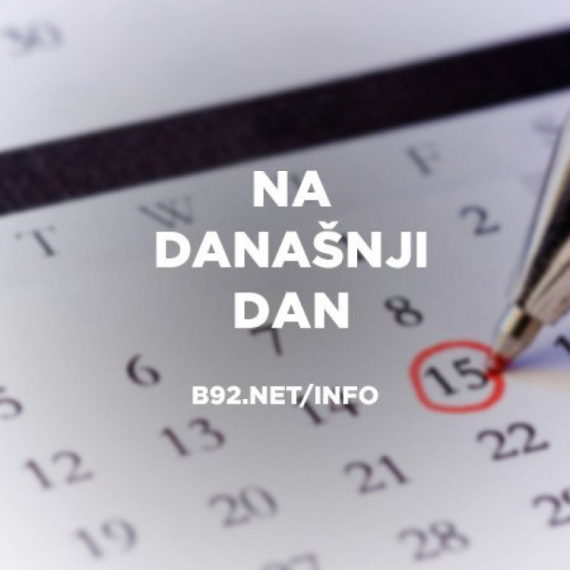
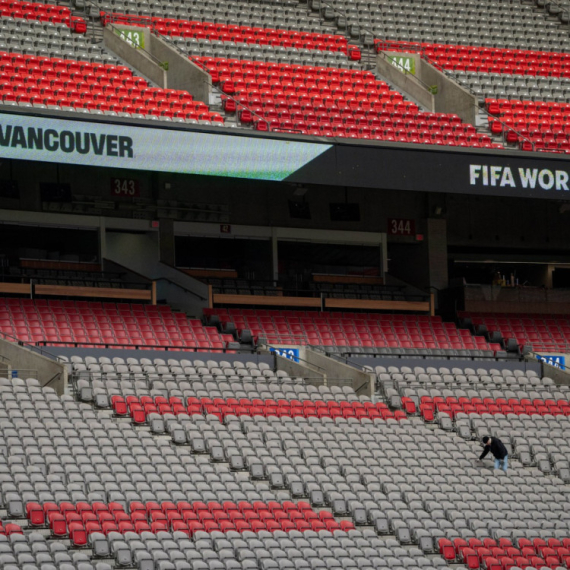
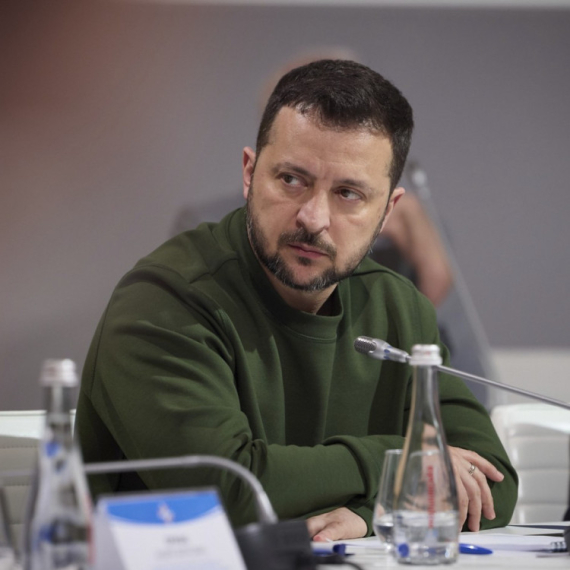

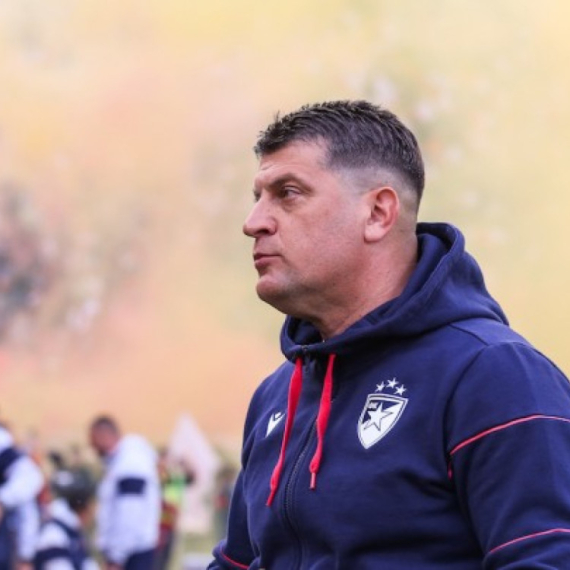






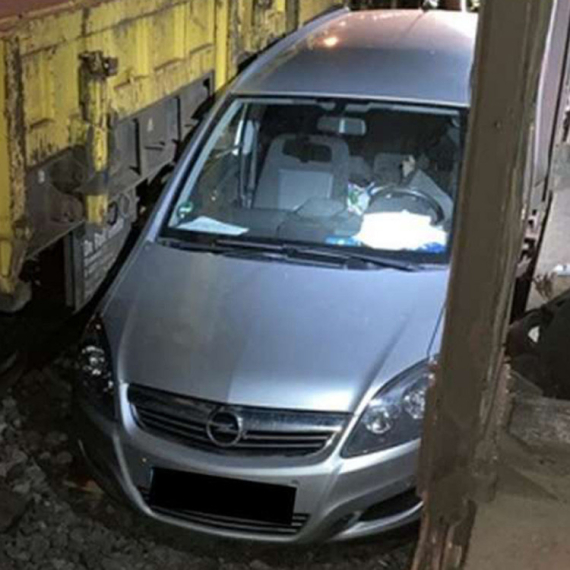




Komentari 8
Pogledaj komentare